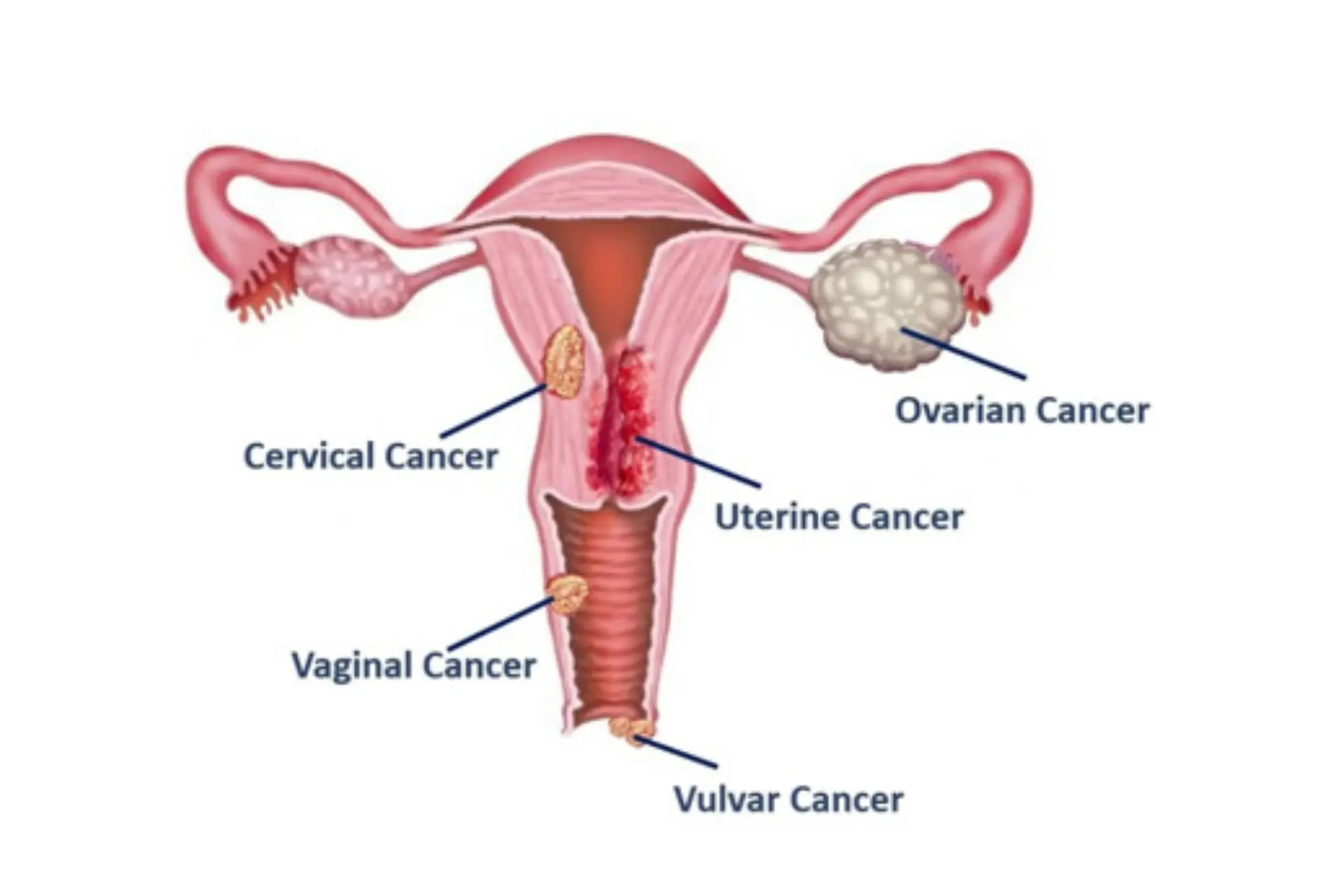


Home > Gynaecological Cancer



Gynaecological cancer treatment under the expertise of Dr. Sanghamitra Dash involves cutting-edge medical techniques to diagnose, manage, and treat various types of gynaecological cancers, ensuring personalised care and optimal outcomes for her patients. Gynaecological cancers include cancers of the uterus, ovaries, cervix, vagina, and vulva, and early detection is crucial for successful treatment. Dr. Dash utilises state-of-the-art methods to provide comprehensive care, focusing on both effective treatment and enhancing the quality of life for her patients.
Our Gynaecological Cancer Treatment Services Include:
Diagnostic Evaluation: Detailed assessment using advanced imaging techniques such as ultrasound, MRI, and biopsy to accurately diagnose the type and stage of gynaecological cancer.
Surgical Intervention: Minimally invasive and traditional surgical procedures to remove cancerous tissues, tailored to the specific needs of each patient, including hysterectomy, oophorectomy, and lymph node dissection.
Chemotherapy: Use of powerful anti-cancer drugs to target and destroy cancer cells, often employed in conjunction with surgery or as a standalone treatment.
Radiation Therapy: Targeted radiation treatment to eliminate cancer cells, reduce tumor size, and prevent recurrence, offered as part of a comprehensive cancer care plan.


Gynecological cancer refers to cancers that start in a woman’s reproductive organs, including the cervix, ovaries, uterus, vagina, and vulva. Each type has different symptoms, risk factors, and treatment options.
Symptoms vary depending on the type of cancer but may include abnormal vaginal bleeding, pelvic pain, bloating, frequent urination, pain during intercourse, and unexplained weight loss.
Diagnosis typically involves a combination of pelvic exams, imaging tests (such as ultrasound or MRI), Pap smears, biopsies, and blood tests like the CA-125. These tests help determine the presence, type, and stage of cancer.
Treatment options depend on the type and stage of cancer and may include surgery, chemotherapy, radiation therapy, targeted therapy, or a combination of these. The treatment plan is personalized based on individual patient needs.
If diagnosed, it’s important to work closely with a specialized gynecologic oncologist to discuss treatment options and develop a personalized care plan. Support from family, friends, and cancer support groups can also be invaluable.
Side effects vary depending on the treatment type and may include fatigue, nausea, hair loss, and changes in menstrual cycles or menopause-like symptoms. Your healthcare team will provide guidance on managing side effects.